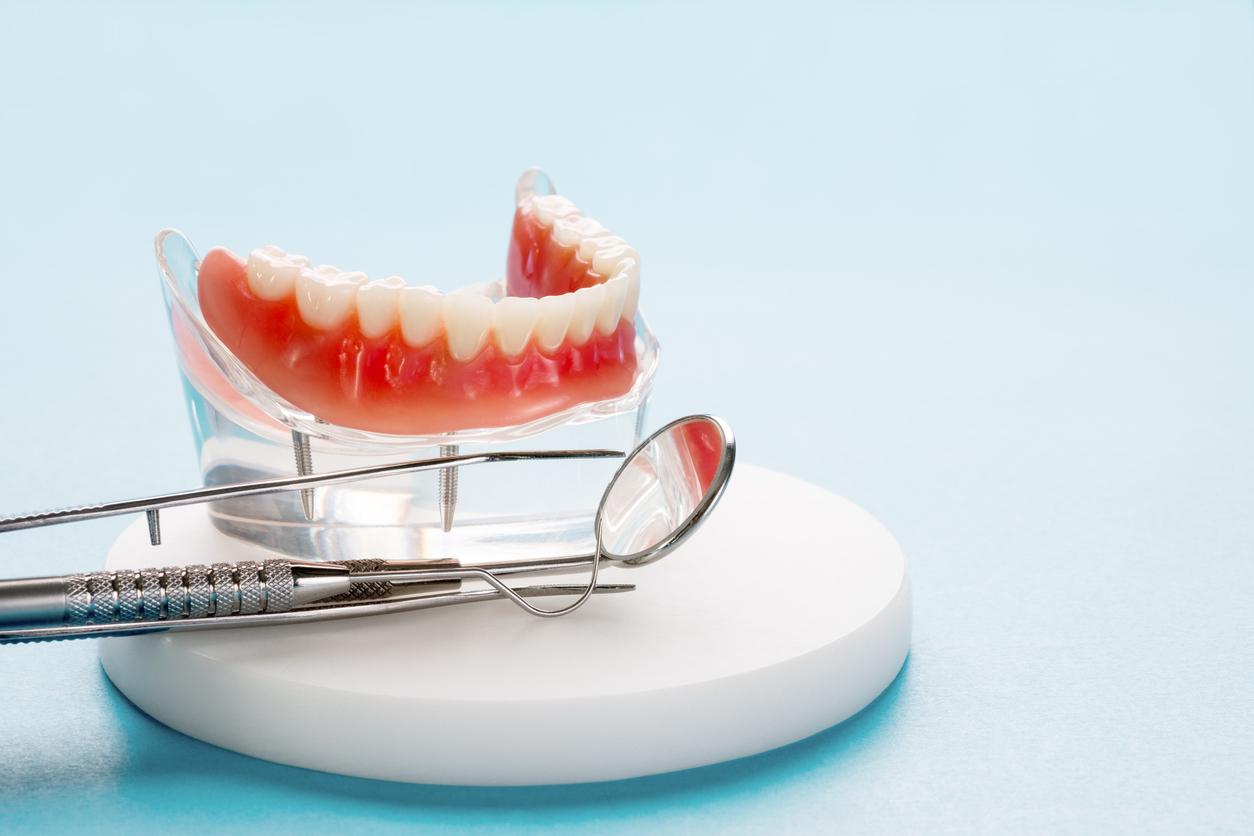Patients who have been hospitalized for Covid-19 have abnormalities in several organs five months after infection, according to a new study from the University of Oxford.

- Nearly a third of patients hospitalized for Covid-19 had lesions in several organs five months after infection.
- The most common lesions in post-Covid patients were in the lungs, brain and kidneys.
- For the main author, we must improve the long-term monitoring of Covid-19 patients.
Nearly a third of patients with long Covid present abnormalities in several organs five months after infection, according to a study led by the University of Oxford. The results were published in the journal Tea Lancet Respiratory MedicineSeptember 22, 2023.
Covid long : lesions in several organs 5 months after infection
To better understand the repercussions of SARS-CoV-2 on the body, researchers took data from 259 patients who were hospitalized for Covid-19 and 52 uninfected people. The volunteers spent Images by Magnetic Resonance (MRI) covering the heart, brain, lungs, liver and kidneys on average five months after discharge from hospital. Blood tests and questionnaires were also carried out to obtain additional information on the participants’ symptoms and comorbidities.
The results showed that individuals hospitalized with coronavirus infection had more abnormalities in the lungs, brain and kidneys than the control group. Lung lesions were 14 times more numerous in Covid patients compared to other participants. Additionally, abnormalities in the brain and kidneys were three times and two times higher in them, respectively. On the other hand, there was no significant difference in the heart and liver between the two groups.
Dr. Betty Ramanwho leads the study, explains in a communicated : “We found that almost one in three patients had an excess number of multi-organ abnormalities on MRI compared to the control group. Five months after discharge from hospital for Covid-19, patients showed a high number of lesions involving the lungs, brain and kidneys compared to our non-Covid-19 controls. The age of the individual, the severity of the acute Covid-19 infection, as well as comorbidities, were important factors in determining who had suffered organ damage.”.

Covid : having more than two organs affected increases the problems of health
While the study showed that certain organ-specific symptoms are correlated with imaging findings – such as chest tightness and cough with abnormalities on lung MRI – all of the signs of long-term covid could not be directly linked to lesions detected by the devices.
Furthermore, this work was able to confirm that multi-organ abnormalities were more frequent in post-hospitalized patients who reported serious physical and mental health problems after Covid-19. “What we see is that people with multi-organ pathology on MRI – that is, they had more than two organs affected – were four times more likely to report severe and very serious mental and physical impairment”specifies Dr. Raman.
For her, her research highlights the need for long-term multidisciplinary monitoring to be axis on “lung health and extrapulmonary (kidney, brain and mental health)particularly for people hospitalized for Covid-19.”














